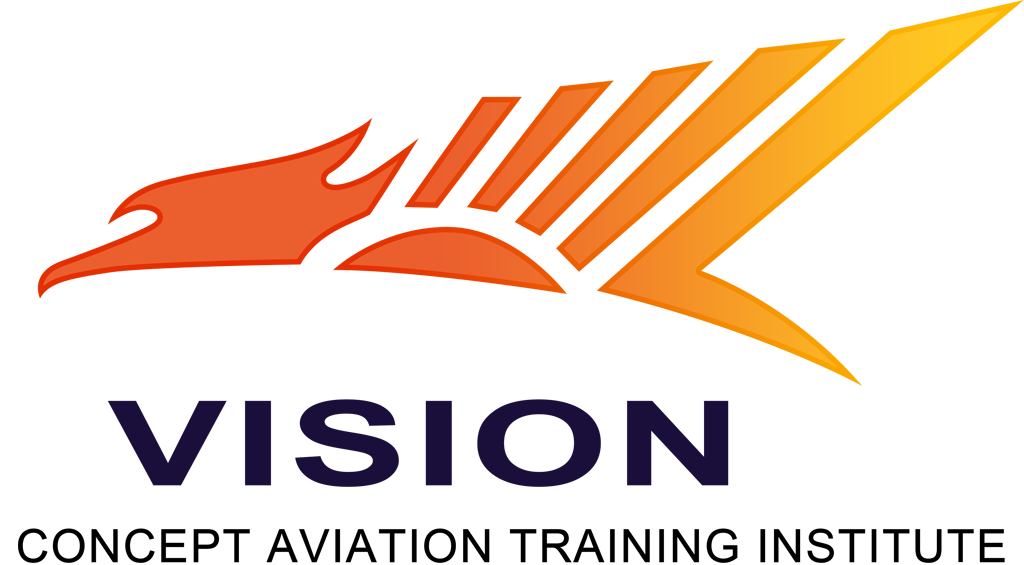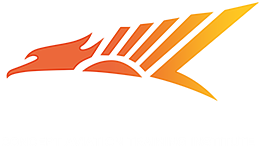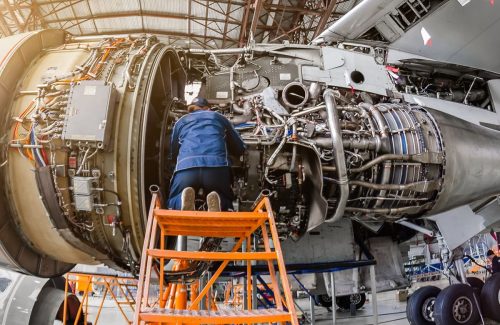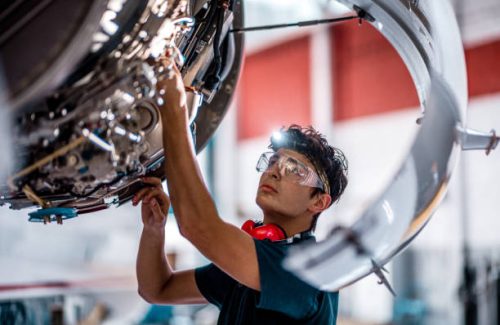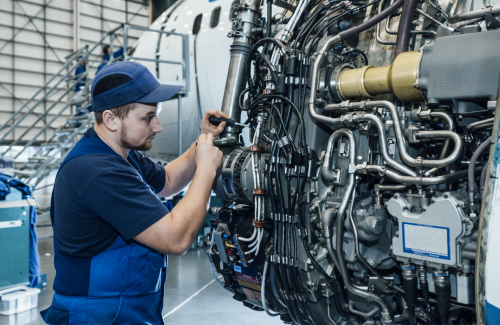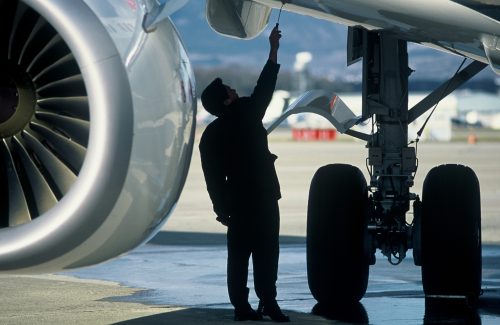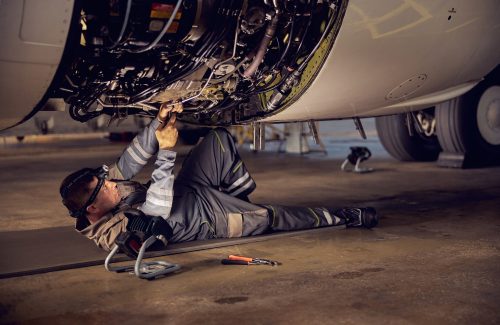SINGAPORE: The International Air Transport Association’s (IATA) forecast for global air travel to return to pre-pandemic levels by around end-2023 is “about the right timeframe”, said the chief executive of budget carrier Scoot on Monday (Jun 28).
Mr Campbell Wilson was asked by reporters at a virtual press conference for his prognosis of the hard-hit aviation industry and he replied that he “won’t choose to second guess” projections by the global industry body.
In a report last month, IATA said passenger numbers would recover to 88 per cent of pre-pandemic levels next year and surpass pre-pandemic levels by 5 per cent in 2023.
“Obviously this will differ by geography and potentially by business model but at least from our assessment, I personally think that’s about the right timeframe,” said Mr Wilson.
Asked if he thinks budget airlines could be leading the post-pandemic recovery, he noted that “time will tell as to what (market) opens up first”.
“Earlier in the pandemic when we saw Asia seem to be having the pandemic under control … I was very much of the view that we would be at the forefront of a recovery.
“As things have progressed … in the US and Europe such that they are much more open now, it’s plausible that the long-haul market might actually come back a little bit faster.”
THE CASE FOR ASIA
That said, Scoot, being an Asian-focused carrier, is “well-positioned” for the recovery when it comes, Mr Wilson added.
This is because the low-cost carrier model “remains a favourite space” given its ability to keep operating costs down and lower fare offerings.
Asia, notwithstanding existing border curbs, also continues to be seen as the fastest-growing aviation market over the coming years, with a “strong case for leisure to rebound quickly”, he said.
“All of those would support the thesis that an Asian-based LCC (low-cost carrier) is in a reasonably healthy part of the world to benefit from a recovery,” he said.
In an earlier presentation, Mr Wilson also mentioned that a number of opportunities have opened up for Scoot as a result of the COVID-19 pandemic.
But he declined to reveal details and would only say that these are “commercial opportunities”.
But he said that the industry landscape has changed dramatically, particularly in Southeast Asia where a number of airlines are going through some form of restructuring or receivership. Order books have also been truncated or trimmed, while balance sheets have been stretched among some of its counterparts.
“Scoot, being part of the SIA (Singapore Airlines) group, with the access to liquidity that we’ve thankfully enjoyed, has allowed us to take a longer-term view … and investing in systems and capabilities and staff so that we are well-prepared to capitalise on any opportunities or weaknesses that may exist,” said Mr Wilson.
INVEST IN TECHNOLOGY, NEW AIRCRAFT
These include investing in technology to improve its customer service offerings such as more online check-in options, as well as increase its business capabilities. The latter consists of a new rostering system for its flight crew and a flight planning system with better modelling to improve efficiency and reduce fuel burn.
It also continues to invest in having a “modern and efficient fleet”, with the recent addition of three new Airbus A321neo aircraft in May. Scoot is set to receive another 13 of these new single-aisle jets by 2024.
Scoot said the new jet, fitted with 236 seats, has several benefits.
For one, its longer flight time of up to six hours – which is about an hour or two more than the older-generation A320 aircraft – will allow Scoot to serve new destinations “that were either not possible from a range perspective or not viable from an economic perspective”, said Mr Wilson.
The A321neo, which has 50 more seats than Scoot’s existing A320neo jets, also “sits in between a narrow-body and wide-body” aircraft. This adds “flexibility” to Scoot’s existing fleet and allows it to “optimise capacity with demand … in the most economically-efficient manner”, the CEO added.
For instance, the new aircraft can be deployed in place of the A320 during popular seasons or certain days of the week when demand is higher. It can also be a substitute for Scoot’s larger Boeing 787 aircraft during times of softer demand.
Scoot said the A321neo will also be more environmentally friendly. It comes with more fuel-efficient engines, has 50 per cent less noise footprint and nitrogen oxide emissions. It also releases 5,000 tonnes less carbon dioxide per year per aircraft.
The new aircraft took off on its maiden flight to Bangkok on Monday afternoon and will be deployed on flight routes to Cebu and Ho Chi Minh City in August, the budget carrier said in a separate press release.
Scoot, the low-cost arm of Singapore Airlines, currently has 29 single-aisle aircraft – 21 A320ceo, five A320neo and three A321neo – and 20 wide-body Boeing 787 aircraft in its operating fleet, with an average age of five years and 10 months.
It is set to expand its fleet over the coming years. Apart from the 13 A321neo aircraft, Scoot has another 28 A320neo and seven Boeing 787 aircraft remaining on order.
In his presentation, Mr Wilson said Scoot now flies to 26 destinations in 12 countries and territories, down from 68 destinations in 15 countries before the pandemic.
To cope with the impact of the COVID-19 pandemic, the budget carrier made “a number of” job cuts last year, particularly for its pilots and “put a number of its cabin crew” on extended no-pay leave, the CEO said. Every staff member also took a pay cut “which continues to this day”.
“We lost very good people but I think we’re not alone in this as the industry really has not faced something like this before,” said Mr Wilson. “Unfortunately, difficult decisions were required.”
Moving forward, the budget carrier continues to be “very prudent” on costs.
“At this point in time, we are confident with the steps that we’ve made and don’t feel there’s going to be a need (for) dramatic, further steps,” he said.
“But as to when we can start relaxing some of the measures and discipline we currently have in place, I think we need to see a bit more sustained recovery.”
